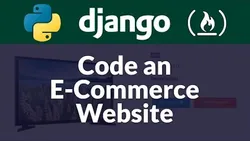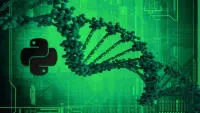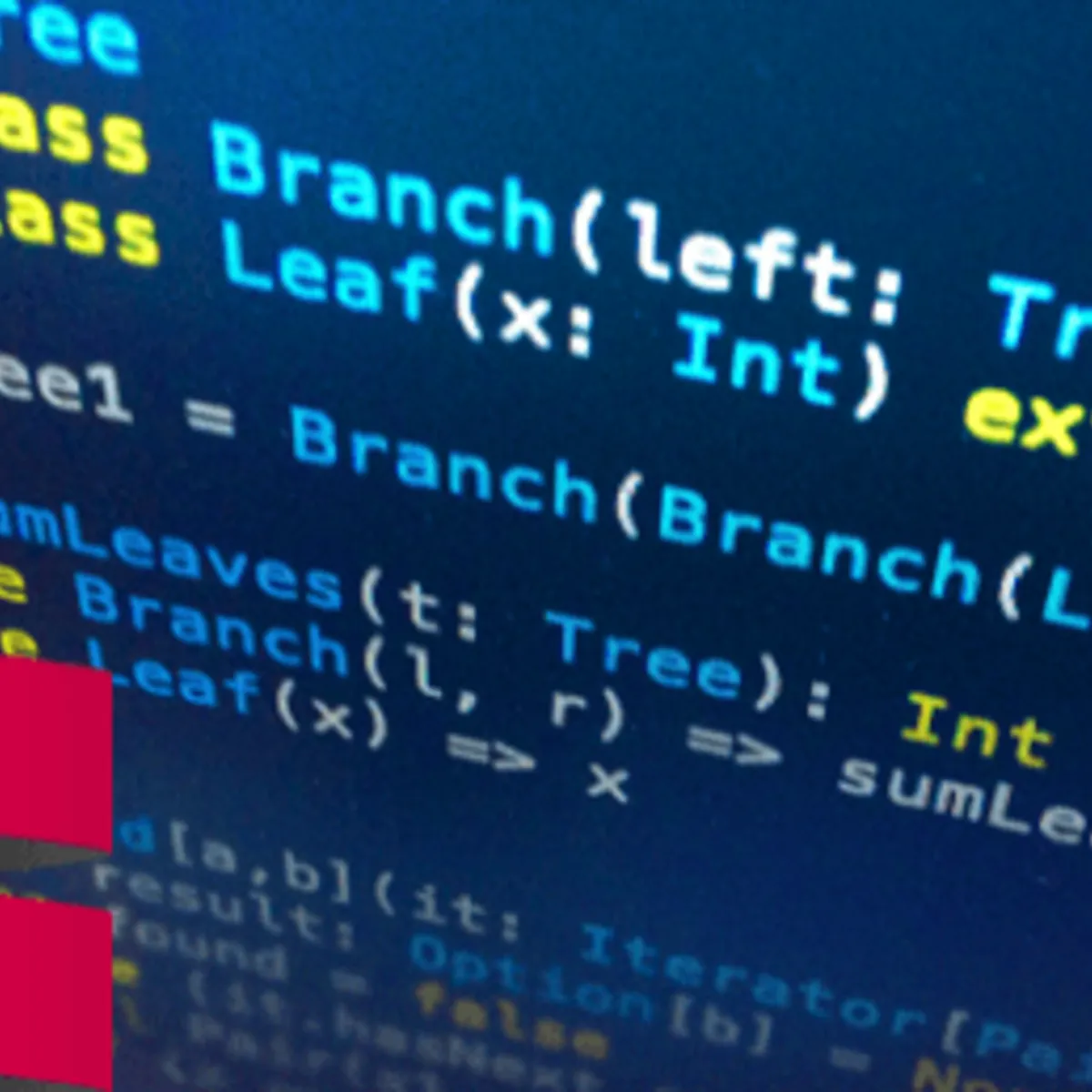
How to Build an E-commerce Website with Django and Python 
This tutorial provides step-by-step instructions on how to create an e-commerce website using the Django and Python frameworks. With this guide, users can easily build a powerful and secure online store. ▼
ADVERTISEMENT
Course Feature
![]() Cost:
Cost:
Free
![]() Provider:
Provider:
freeCodeCamp
![]() Certificate:
Certificate:
Paid Certification
![]() Language:
Language:
English
![]() Start Date:
Start Date:
On-Demand
Course Overview
❗The content presented here is sourced directly from freeCodeCamp platform. For comprehensive course details, including enrollment information, simply click on the 'Go to class' link on our website.
Updated in [March 06th, 2023]
This course provides an overview of how to build an E-commerce website with Django and Python. Students will learn the basics of Django and Python, and how to use them to create a fully functional E-commerce website. Topics covered include setting up the development environment, creating models, views, and templates, and deploying the website. By the end of the course, students will have a working E-commerce website that they can use to showcase their skills.
[Applications]
After completing this course, students can apply their knowledge to create their own e-commerce website. They can use Django and Python to create a secure, user-friendly, and feature-rich website. Additionally, they can use the skills they have learned to customize the website to their own needs. Furthermore, they can use the knowledge they have gained to troubleshoot any issues that may arise. Finally, they can use the skills they have acquired to optimize the website for better performance.
[Career Paths]
1. Web Developer: Web developers are responsible for creating and maintaining websites. They use a variety of programming languages, such as HTML, CSS, JavaScript, and Python, to create websites that are both functional and visually appealing. With the rise of e-commerce, web developers are increasingly in demand to create and maintain websites for online stores.
2. E-commerce Developer: E-commerce developers specialize in creating and maintaining websites for online stores. They use a variety of programming languages, such as HTML, CSS, JavaScript, and Python, to create websites that are both functional and visually appealing. They must also be knowledgeable about the latest e-commerce trends and technologies, such as payment gateways, shipping methods, and customer service.
3. Database Administrator: Database administrators are responsible for managing and maintaining databases. They use a variety of programming languages, such as SQL, to create and maintain databases for e-commerce websites. They must also be knowledgeable about the latest database technologies, such as data security and backup systems.
4. Digital Marketer: Digital marketers are responsible for creating and executing marketing campaigns for e-commerce websites. They use a variety of digital marketing techniques, such as SEO, PPC, and social media marketing, to drive traffic to e-commerce websites and increase sales. They must also be knowledgeable about the latest digital marketing trends and technologies, such as analytics and automation.
[Education Paths]
1. Bachelor of Science in Computer Science: This degree path provides students with a comprehensive understanding of computer science fundamentals, including programming languages, software engineering, computer architecture, and operating systems. Students will also learn about web development, database management, and network security. This degree path is ideal for those interested in developing e-commerce websites with Django and Python, as it provides the necessary skills and knowledge to do so. Additionally, the demand for computer science professionals is growing, making this degree path a great choice for those looking to enter the field.
2. Bachelor of Science in Web Development: This degree path focuses on the development of websites and web applications. Students will learn about web design, web programming, and web security. This degree path is ideal for those interested in developing e-commerce websites with Django and Python, as it provides the necessary skills and knowledge to do so. Additionally, the demand for web developers is growing, making this degree path a great choice for those looking to enter the field.
3. Master of Science in Software Engineering: This degree path focuses on the development of software applications. Students will learn about software design, software development, and software testing. This degree path is ideal for those interested in developing e-commerce websites with Django and Python, as it provides the necessary skills and knowledge to do so. Additionally, the demand for software engineers is growing, making this degree path a great choice for those looking to enter the field.
4. Master of Science in Data Science: This degree path focuses on the analysis and interpretation of data. Students will learn about data mining, machine learning, and data visualization. This degree path is ideal for those interested in developing e-commerce websites with Django and Python, as it provides the necessary skills and knowledge to do so. Additionally, the demand for data scientists is growing, making this degree path a great choice for those looking to enter the field.
Course Provider

Provider freeCodeCamp's Stats at AZClass
Discussion and Reviews
0.0 (Based on 0 reviews)
Explore Similar Online Courses

Introduction to programming for Bioinformatics with Python

Introduction to Agile: Beyond Methodologies

RDBMS PostgreSQL

Intro To PostgreSQL Databases With PgAdmin For Beginners

PostgreSQL: Client Applications

Mastering SQL using Postgresql

Database Design and Basic SQL in PostgreSQL

PostgreSQL: Advanced Queries

Spatial SQL with Postgres : A language for geographers

Learn SQL Using PostgreSQL: From Zero to Hero

PostgreSQL Essential Training

Big Data Analysis with Scala and Spark
 Related Categories
Related Categories
 Popular Providers
Popular Providers
Quiz
 Submitted Sucessfully
Submitted Sucessfully
1. What is the main purpose of this course?
2. Which language is used in this course?
3. What type of website will be built in this course?


Start your review of How to Build an E-commerce Website with Django and Python